Air pollution is an ongoing issue that directly affects people’s health and well-being. In addition to technological solutions, incorporating indoor plants can effectively improve air quality. Here are five attractive and easy-to-care-for houseplants known for their impressive air-purifying abilities:
1 Golden Pothos
Also known as Money Plant, this elegant houseplant is believed to bring good luck and prosperity. It is an excellent choice for home decor, as it efficiently filters out toxins like benzene, formaldehyde, and xylene. Golden Pothos is easy to grow and maintain, making it versatile for various spaces.
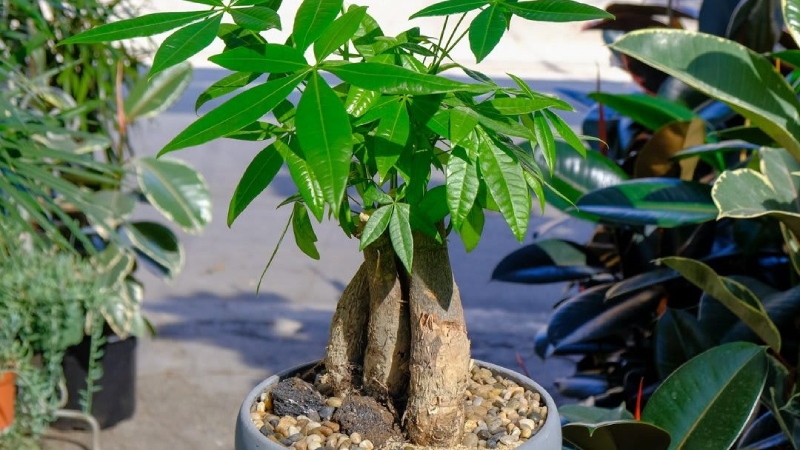 Golden Pothos
Golden Pothos
2 Singapore Holly
The lush, broad leaves of the Singapore Holly create a soothing ambiance in any room. It effectively absorbs toxins like formaldehyde, benzene, and trichloroethylene and is highly efficient in filtering out dust and pollutants, making it ideal for combating air pollution.
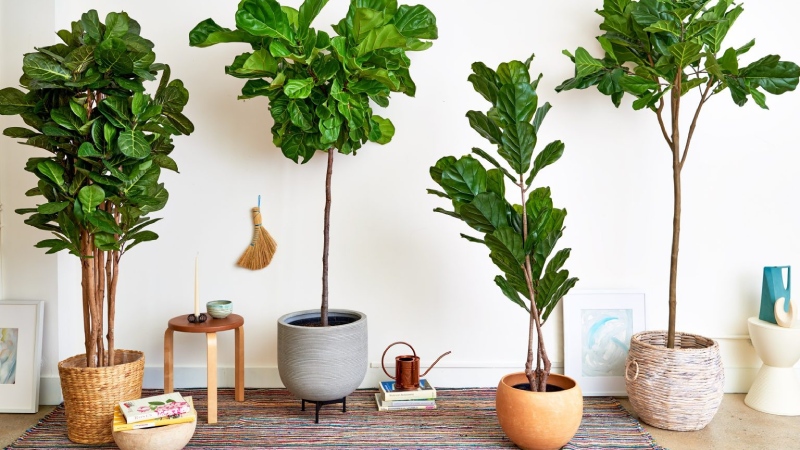 Singapore Holly
Singapore Holly
3 Snake Plant
With its unique, striking appearance, the Snake Plant is perfect for decorating desks and bookshelves. It filters out formaldehyde, benzene, xylene, and trichloroethylene. Additionally, it is drought-tolerant and low-maintenance, ideal for busy individuals.
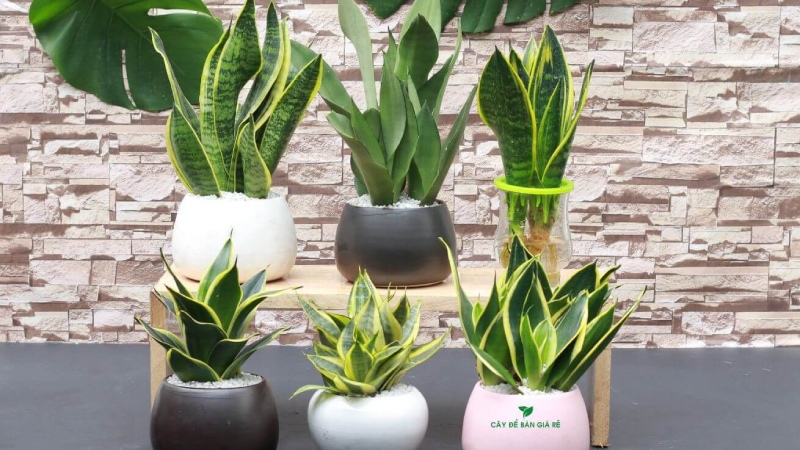 Snake Plant
Snake Plant
4 Chinese Banyan
The Chinese Banyan boasts thick, dark green foliage that purifies the air in your home. It effectively absorbs toxins like formaldehyde, benzene, and carbon monoxide. This tree is easy to grow and resistant to pests and diseases, making it suitable for both indoor and outdoor spaces.
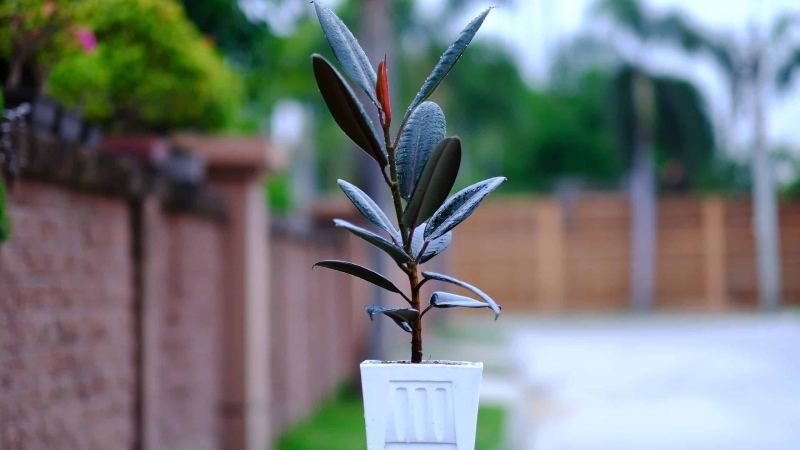 Chinese Banyan
Chinese Banyan
5 Monstera Deliciosa
Monstera, with its large, beautifully shaped leaves, adds a stunning accent to any space. It effectively filters out formaldehyde, benzene, and xylene. This plant thrives in bright, indirect light and is easy to care for, making it perfect for living rooms and offices.
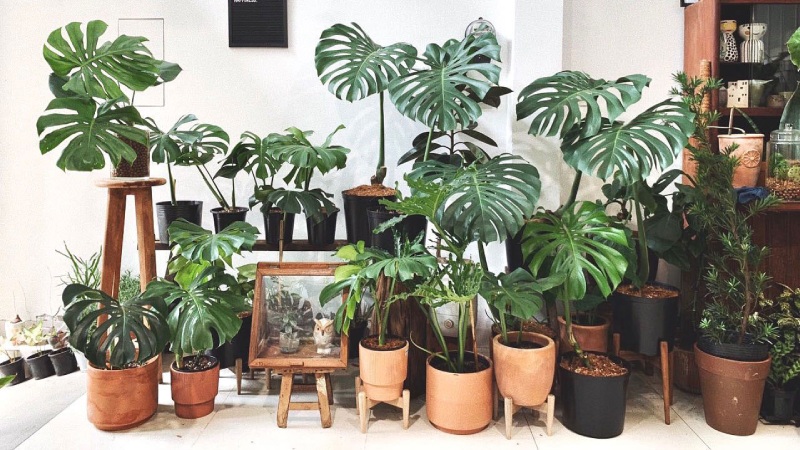 Monstera Deliciosa
Monstera Deliciosa
These five houseplants are not just aesthetically pleasing but also exceptional air purifiers. Take the time to explore and choose the right plants to enhance your living space, bringing a touch of nature indoors and improving your overall well-being.
1. Snake Plant (Sansevieria trifasciata) – Known for its ability to thrive in low light and drought conditions, the snake plant effectively removes benzene, formaldehyde, and trichloroethylene from the air.
2. Peace Lily (Spathiphyllum) – This elegant plant tolerates low light and humid conditions, making it ideal for bathrooms or darker corners. It removes toxins like benzene, formaldehyde, and carbon monoxide.
3. Rubber Plant (Ficus elastica) – With its large, glossy leaves, the rubber plant adds a touch of greenery and purifies the air by removing formaldehyde and other volatile organic compounds (VOCs).
4. Spider Plant (Chlorophytum comosum) – Easy to grow and adaptable, the spider plant produces oxygen and removes carbon monoxide, xylene, and formaldehyde.
5. Bamboo Palm (Chamaedorea seifrizii) – A tropical plant that prefers indirect sunlight, the bamboo palm efficiently removes formaldehyde and benzene from the air.
Delhi Launches Applications to Monitor Air Pollution
Bach Khoa GREEN is raising awareness of the concerning levels of air pollution present in Ho Chi Minh City and Hanoi, the two biggest cities of our country. To help in protecting the health of individuals and their families, the organization is introducing different applications dedicated for monitoring air pollution.
Improving Children’s Vision Through Smartphone Use
As smartphones become an ever-increasing feature of our lives, parents are increasingly anxious about their effects on young eyes. To help them protect their children’s vision, DIEN MAY XANH has some tips on the safer use of Android phones for younger users. Recent research has linked the extended use of smartphones to Myopia, so being mindful of our tips could help to lower the risk of this sight-impairing condition. Read on to find out more about how to better protect your child’s eyesight.


































